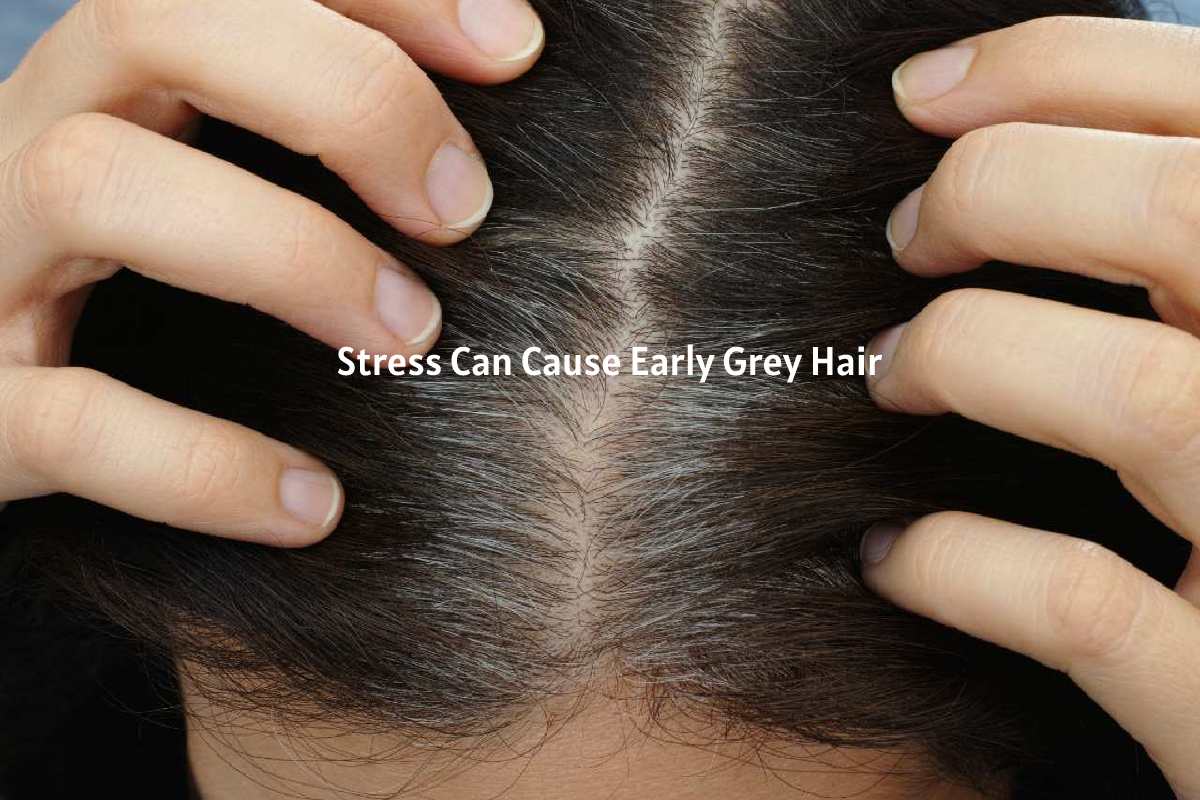Table of Contents
Introduction
The researchers were surprised to see that grey hair colour can be restored when tension disappears, a discovery that contradicts another recent study (conducted on mice) that indicated that tension-induced greying is lifelong.
The study’s senior author is martin Piccard, ph.d., assistant professor of behavioural medicine (in psychiatry and neurology) at Columbia university’s fabulous college of physicians and surgeons.
Martin Piccard says this study, published June 22 in eLife, is more critical than merely confirming old speculation about the effect of stress on hair colour.
“Understanding the mechanisms that allow grey hair to return to its colourful (young) state may give information about how old age is in humans in general. And how they are affected by stress,” he says.
In addition to the growing evidence. The data prove that human ageing is not a fixed linear biological process. And can even be stopped or reversed (at least temporarily).
Also Read: lavender nail designs
Studying Hair as a Means of Screening for Ageing
“As the rings in the tree trunk carry information about previous decades in tree life, our hair carries information about our biological history,” Picard says. When the hair under the skin is in the form of follicles.
It is vulnerable to the effect of stress hormones. And other things that happen in our mind and body, and when the hair grows from the scalp. It gives a picture of what it has been exposed to in a constant and forever form.”
Although people thought that stress could speed up hair greying, scientists have broken this relationship because there are no precise ways to link stress times. With hair discolouration at the level of a single follicle.
Split Hair to Document Grey Hair Colouration
Aylett Rosenberg, the first author of the study and a student at Piccard laboratory, has developed a new way to take very accurate images of small slices of human hair to determine the extent of colour loss in each of them (each slide represents about 1/20 mm wide about 60 minutes of hair growth).
“If you use your eyes to look at the hair, it’s going to look like it’s got one colour unless there’s a big change,” Piccard says. when you shoot high-resolution. You’ll see small colour changes, and that’s what we measure.”
The researchers analyzed the hair of 14 volunteers and then compared the results with the daily stress of volunteers. Asking individuals to review their days. And assess their stress level each week. As a result, the researchers noted firsthand that some grey hair naturally regained its original colour. Which, Picard says, has never been quantized.
When Shannon Rosser compared hair and stress diaries to individuals, the second author of this research paper and a student at Piccard’s lab revealed excellent links between stress. And grey hair. In some cases, noticed the disappearance of grey with the de-stress.
“one of them went on vacation. And simultaneously five hairs from his head were recovered in dark colour during the holiday,” Piccard says.
Restoring Grey Hair to Colour is Possible
Reducing stress in life is a good goal. But it doesn’t have to restore the hair’s natural colour.
“Based on our mathematical modelling. We believe that hair should reach a certain limit before it grows,” Piccard says.
In middle age (when hair is close to this limit due to biological age and other factors), tension exceeds this limit leading to greyness. On the other hand. Reducing stress will not help restore colour in a 70-year-old who has been grey for years. For a 10-year-old child. Increased focus will be enough to get hair to a sufficient extent to heal.”
Alos Read: sims4 frs elyse lipstick

